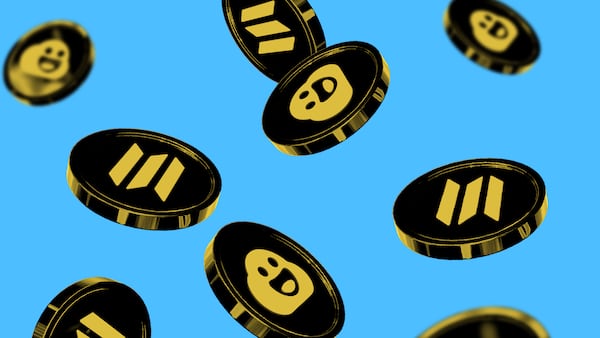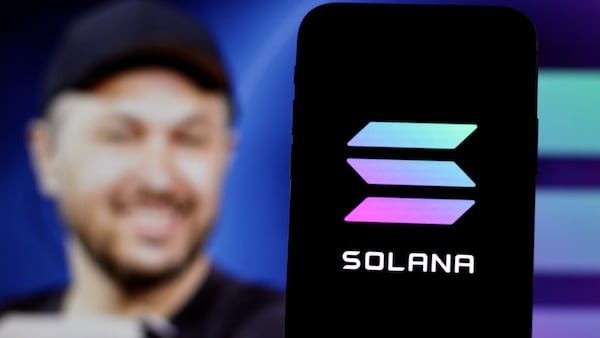- VanEck lists a unique risk in its Solana ETF filing.
- The largest 100 SOL wallets hold some 33% of all SOL in circulation.
- An SEC commissioner has highlighted the same risk for Bitcoin.
VanEck’s application to launch a Solana spot exchange-traded fund surprised the market in more ways than one.
The asset manager applied on Thursday for the ETF. Notably, VanEck’s plan for a Solana spot ETF is unprecedented as it comes without a corresponding US-based Solana futures market.
But the filing also lists a specific risk not seen in its other ETF applications: concentrated ownership of the SOL token.
At the end of November last year, the largest 100 wallets containing the SOL token held about a third of all the SOL in circulation, VanEck’s filing said.
“As a result of this concentration of ownership, large sales or distributions by such holders could have an adverse effect on the market price.”
Token decentralisation, how distributed a given cryptocurrency is among holders, is important to both investors and regulators.
With the SOL token less distributed than Bitcoin and Ether, concentrated ownership could become a sticking point for the approval of VanEck’s Solana ETF.
SEC Commissioner Caroline Crenshaw listed concentrated ownership of Bitcoin as one reason why she dissented from the approval of spot Bitcoin ETFs in January.
The top 107 Bitcoin wallets hold around 16% of all Bitcoin in circulation — about half as concentrated as Solana.
The top 100 Ethereum wallets hold around 19% of the Ether supply.
Solana’s decentralisation
VanEck head of digital assets research Matthew Sigel dismissed the concerns, arguing that the network itself is decentralised.
“No single intermediary or entity operates or controls the Solana network,” Sigel said in an X post shortly after the filing was made public.
Sigel said a diverse user base maintains the infrastructure underpinning transactions on the Solana network.
According to Solana data platform Solana Beach, the Solana network is made up of 1,509 individual so-called nodes. Of these, it would take the biggest 20 to collude to have enough power to attack the network.
Other risks
ETF applications must list risk factors that could adversely affect the price of their underlying assets.
Another Solana-specific risk listed by VanEck is the blockchain’s unique Proof of History mechanism.
Proof of History lets Solana process transactions faster than other blockchains, like Ethereum. However, problems with PoH have caused multiple hours-long network outages in recent years.
“PoH is a new blockchain technology that is not widely used, and may not function as intended,” the application said.
VanEck’s Solana ETF filing also lists many of the same risks as it did in its Ethereum ETF application.
Such risks include the “extreme volatility” of crypto assets, the immutable nature of crypto transactions, and the potential for a fork to affect the value of ETF shares, among others.
Tim Craig is a DeFi Correspondent at DL News. Got a tip? Email him at tim@dlnews.com.









